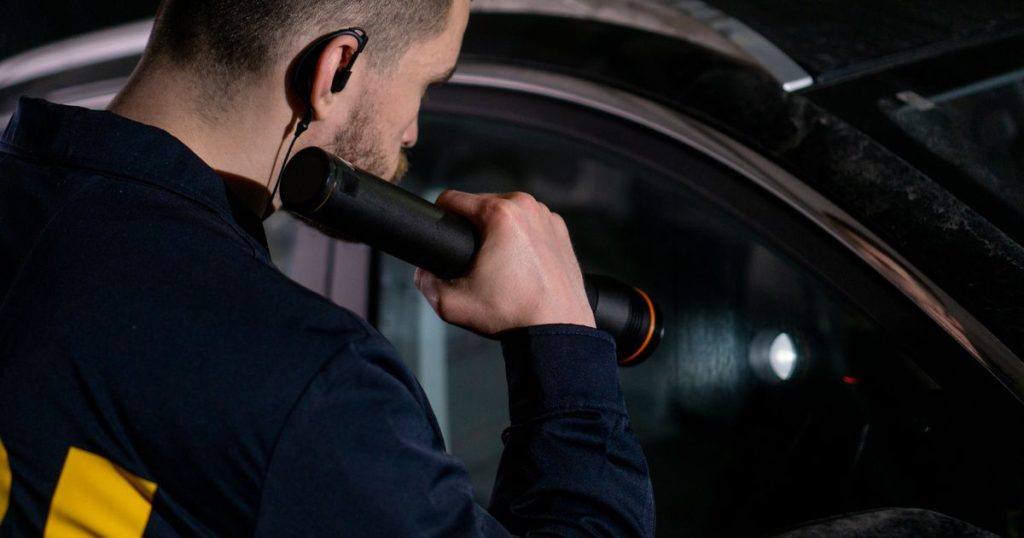A North Dakota woman, Jessica Beske, was arrested and charged with first-degree possession of a controlled substance after police found drug paraphernalia, including a bong with traces of methamphetamine residue in her car during a traffic stop in Polk County, Minnesota. The police searched Beske’s car after smelling marijuana during a speeding stop on May 8, leading them to discover the bong, a glass jar with crystal substances, and pipes. Beske claimed that she only had the paraphernalia in her possession at the time of the traffic stop, not any actual drugs. If convicted, Beske could face up to 30 years in prison, a $1 million fine, or both.
Drug paraphernalia possession was decriminalized in Minnesota in August of last year, even in cases where drug residue is found on the paraphernalia. This decriminalization was meant to provide a harm-reduction approach to help people struggling with addiction to safely recover. However, a 2009 court ruling in the state determined that bong water could be treated as a controlled substance. This means that despite the decriminalization of drug paraphernalia possession, anyone caught with bong water containing drug residue may still face severe legal consequences, such as a prison sentence or a hefty fine. The state Department of Health reported a record high of 1,286 drug overdose deaths in Minnesota in 2021, most of which were linked to fentanyl.
In an interview with the Minnesota Reformer, Beske criticized the charges against her, saying they go against common sense. Bong water is not consumed but is used in smoking devices to cool and purify the smoke. Beske’s case highlights the complexities and inconsistencies in drug laws and their enforcement, as well as the need for a more rational approach to addressing drug-related issues. The Polk County Sheriff’s Office and the Polk County Attorney’s Office did not immediately respond to requests for comment regarding Beske’s case.
Despite efforts to address the issue legislatively, the legal implications of possessing drug residue on paraphernalia like bong water remain in place in Minnesota. The lack of clarity and consistency in drug laws can lead to situations where individuals like Beske face serious criminal charges for possession of what may seem like trivial items. The need for a more nuanced and compassionate approach to drug-related issues is evident, especially in the face of rising drug overdose deaths in the state. It remains to be seen how Beske’s case will be resolved and what implications it may have for future drug-related legal proceedings in Minnesota.


